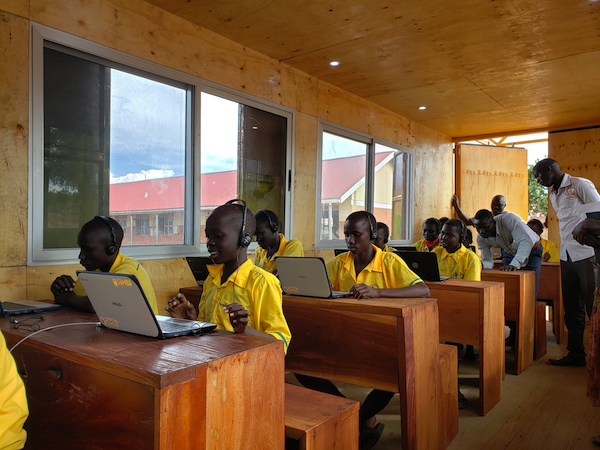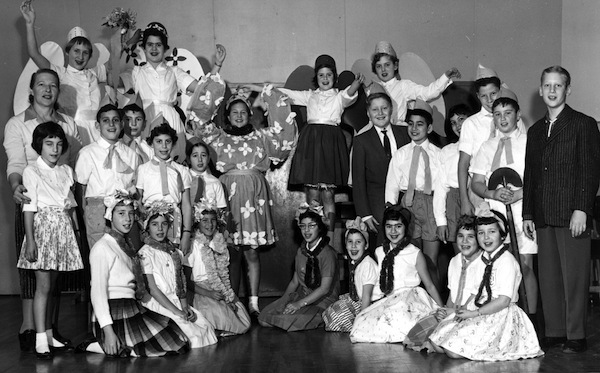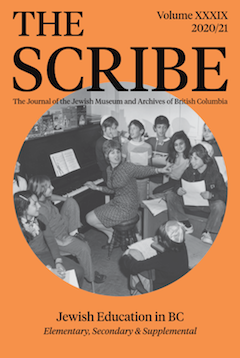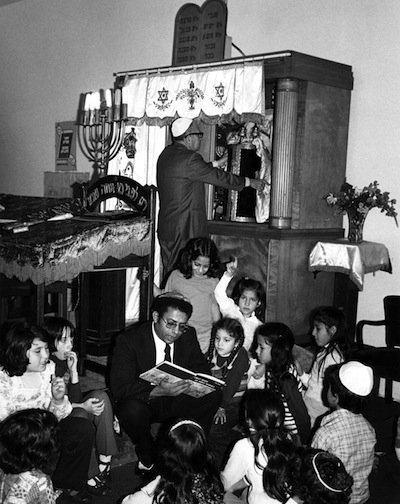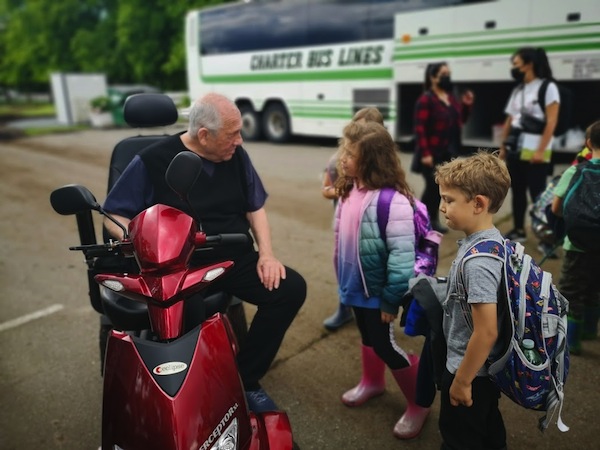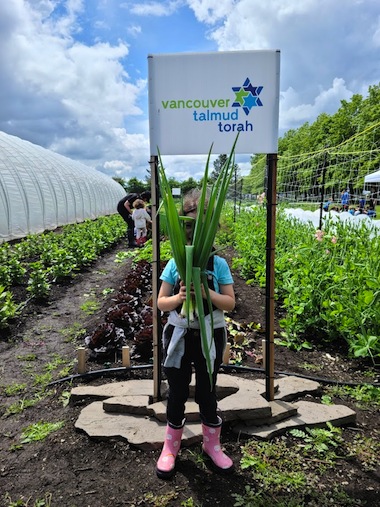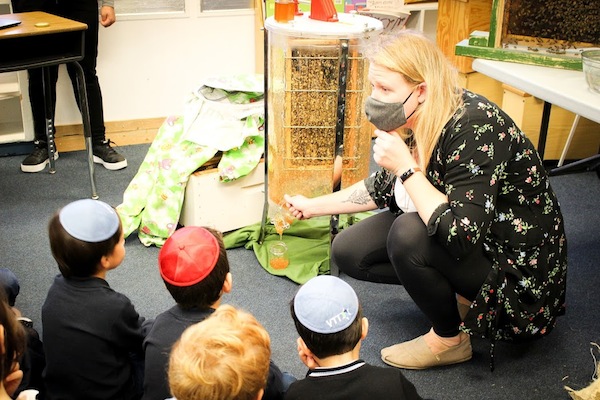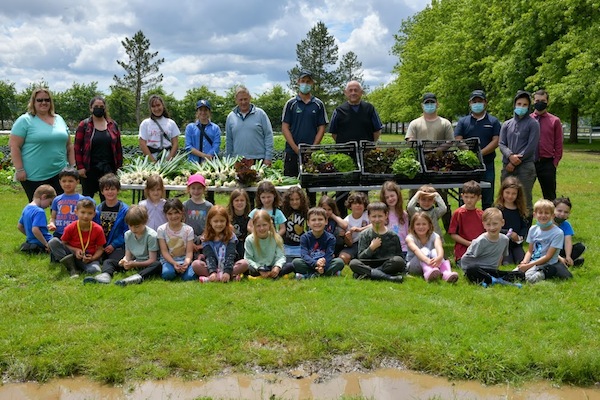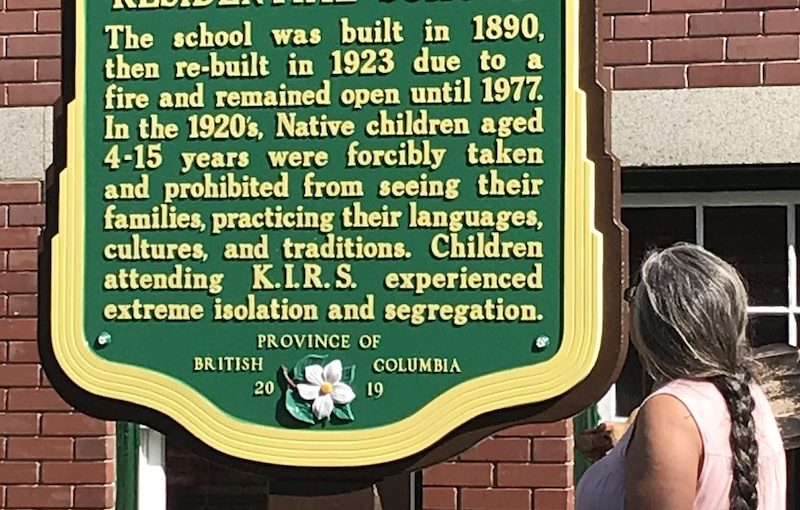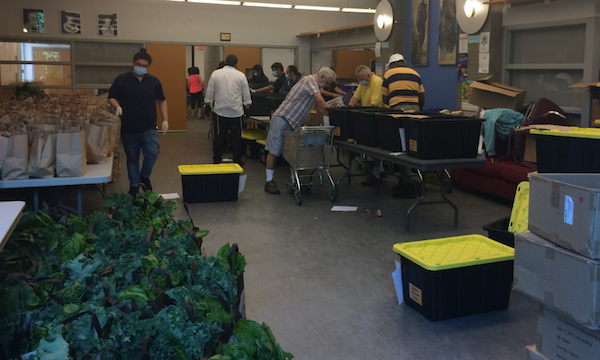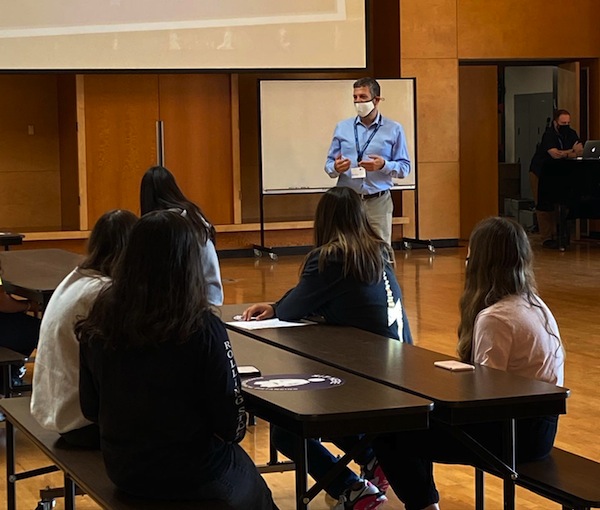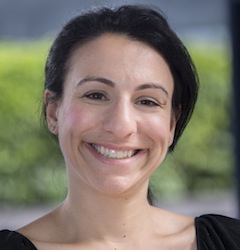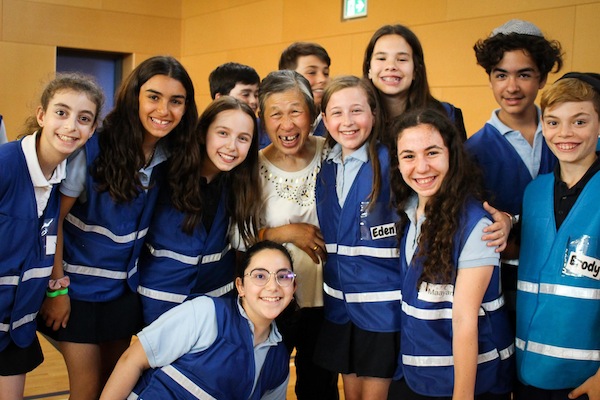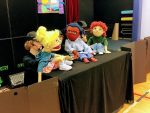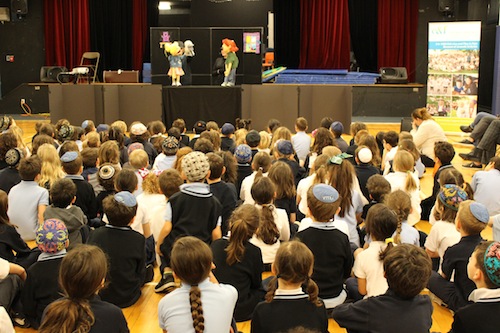Cautious optimism. That seems to be the consensus among Jewish school administrators as students and teachers prepare to return to classes in September.
One of the key lessons of the past year-and-a-half has been that things can change swiftly and the pandemic response requires resilience and adaptiveness.
“We’ve all learned that whatever is final is only final until it changes,” joked Russ Klein, King David High School’s head of school. Despite the circumstances, he said, the last academic year was a good one. He credits students, parents and teachers for working together, being flexible and making the best of the situation.
“It sounds strange to say, but, in terms of the context, we had a really good year,” he said. “People were incredibly positive, even with a few COVID cases here and there.”
The biggest challenges were wearing masks, cancelling extracurricular activities, including inter-school sports, and the cancellation of all school trips. Grade-specific cohorts were instituted, with staggered schedules to avoid interactions between groups.
As it stands now – unless changes are announced before classes starts Sept. 13 – cohorts will no longer be required. Klein hopes that some competitive sports will also be possible.
While hoping for a school year that is as normal as can be, Klein is also confident that the experience of last year has made the entire school community more sanguine about changes to routines.
Like Klein, Emily Greenberg, head of school at Vancouver Talmud Torah, gives kudos to students, parents and teachers.
“I would say the last year was all about being flexible and understanding that we couldn’t anticipate for sure how things were going to go,” she said. “It was really a team effort. We were really appreciative of our parents and staff and everybody as regulations shifted…. This was the ultimate team effort because it would not have gone as well as it had had we not all rolled up our sleeves and done the work we had to do to get through to where we are today.”
A big remaining question is how kids under 12, who have not yet been cleared for vaccinations, will be required to behave at school.
Some people use the term “new normal,” but Greenberg prefers “near-normal.”
“I am hopeful that our near-normal will be one that we can all live with and still appreciate the liberties that we are starting to gain back,” she said.
With about 500 students set to converge on the school this year, Greenberg is confident that students, parents and staff will step up again to do whatever it takes to learn safely.
“I think the most important piece is just understanding the team mentality,” she said. “The school can’t do it alone. No business can do it alone. Everybody has to play their role.”
Shalhevet Girls High School had a different experience than most. Because of its small student body – this year 11 students will be starting classes – there was no need to form cohorts. However, Ian Mills, incoming principal at Shalhevet, noted that the confluence of Jewish holidays coinciding with the start of the school year raises concerns about kids spreading the virus to siblings, parents and grandparents.
“We are going to encourage mask use, I think, no matter what happens,” said Mills. They will also continue to have the sanitization stations to which everyone has become accustomed and disinfecting protocols will also proceed.
“We’re just really excited,” he said of the new school year. “But, also, things can change. I’m not letting my guard off.”
Vancouver Hebrew Academy also benefited last year from its relatively smaller size, being able to accommodate more of its student body within the capacity limits that were set by the government. Outgoing head of school Rabbi Don Pacht told the Independent in a June interview, “I think schools have been doing a phenomenal job overall, but it’s easier when you only have two cohorts instead of eight cohorts.”
By the time of that interview, basically all of the VHA students had returned to the classroom. Unfortunately, the JI was unable to reach VHA’s new head of school, Rabbi Barak Cohen, for an update before we went to press.
Like all administrators, Sabrina Bhojani, the new principal at Richmond Jewish Day School, will be closely watching the edicts coming from the province’s ministry of education and public health officials.
“Until we have that information, we are hoping things are going to be normal,” she said. “Right now, it’s a waiting game and things are changing minute by minute.”
“I think people are hopeful,” she said. “There is always a little bit of anxiety as well. I think it’s mixed emotions [but] I think people are optimistic for a back-to-normal start.”

